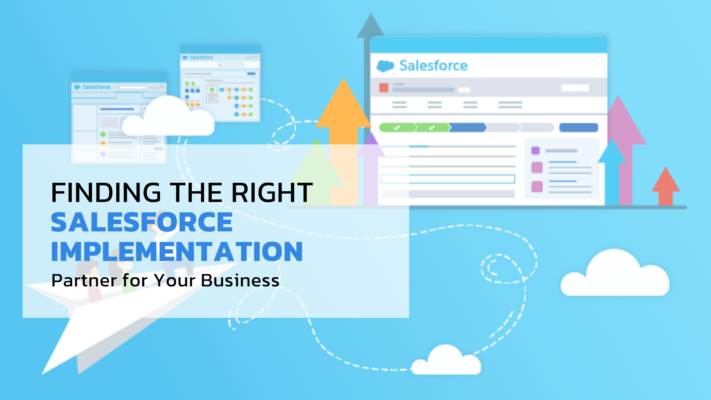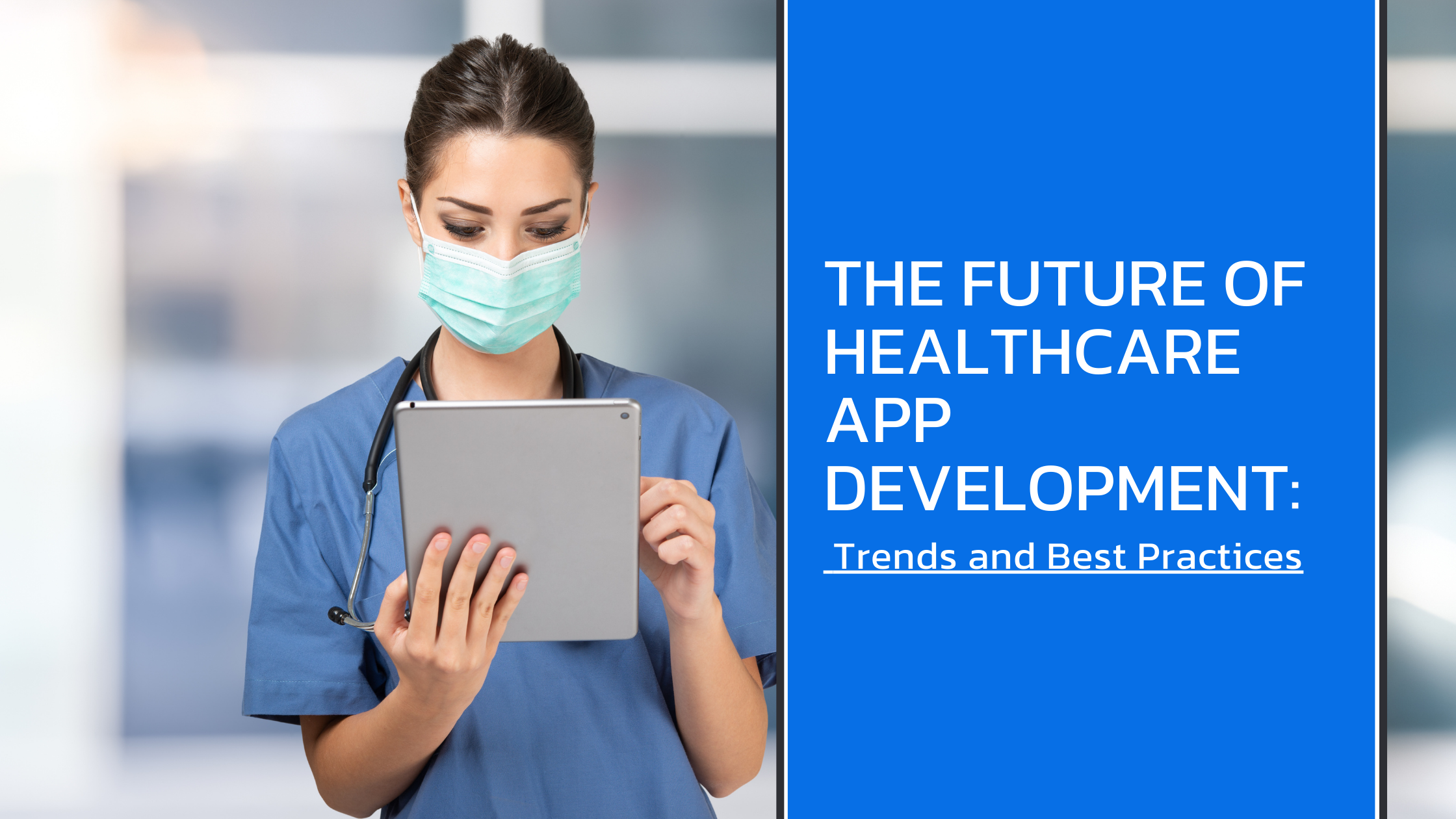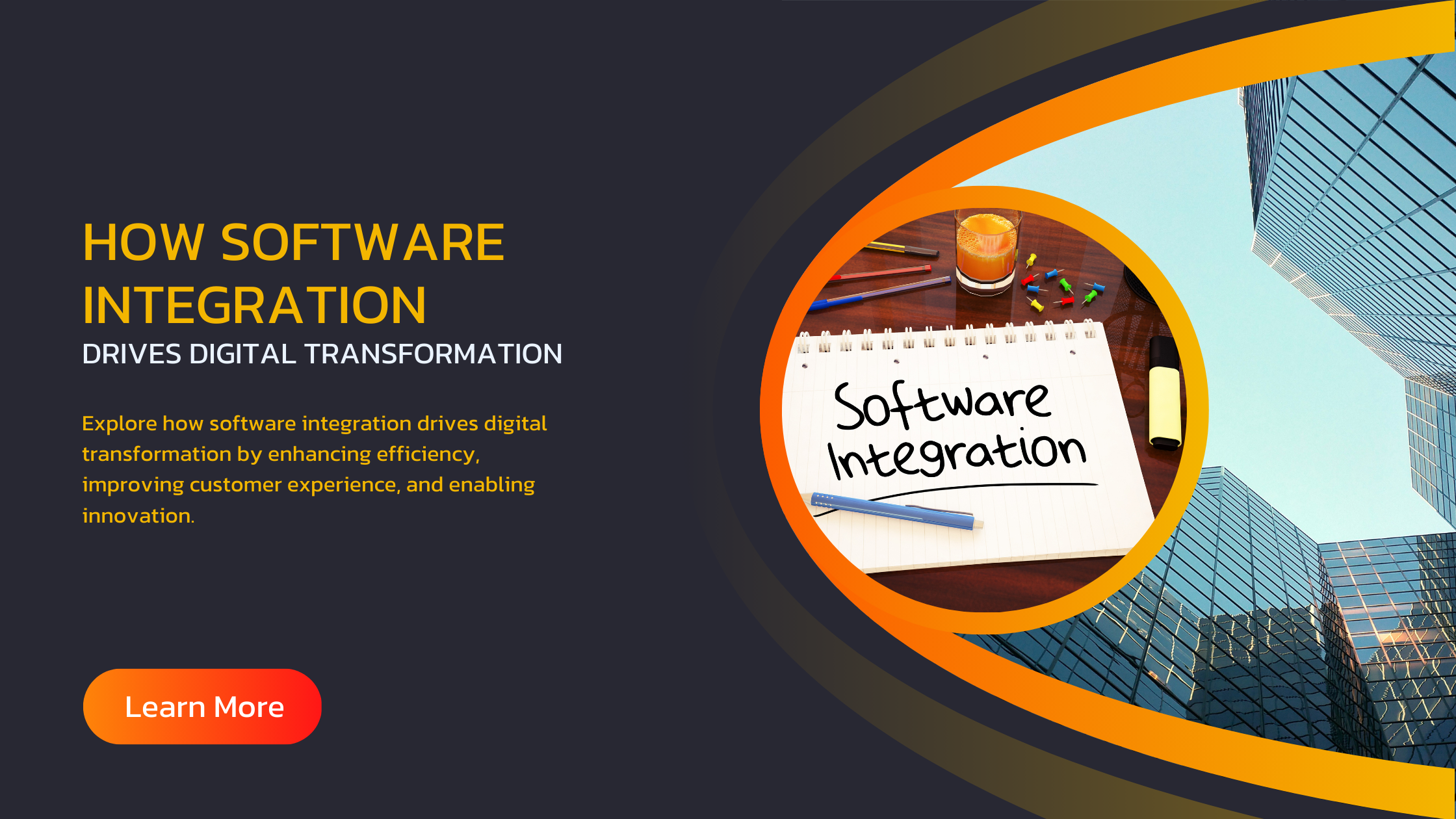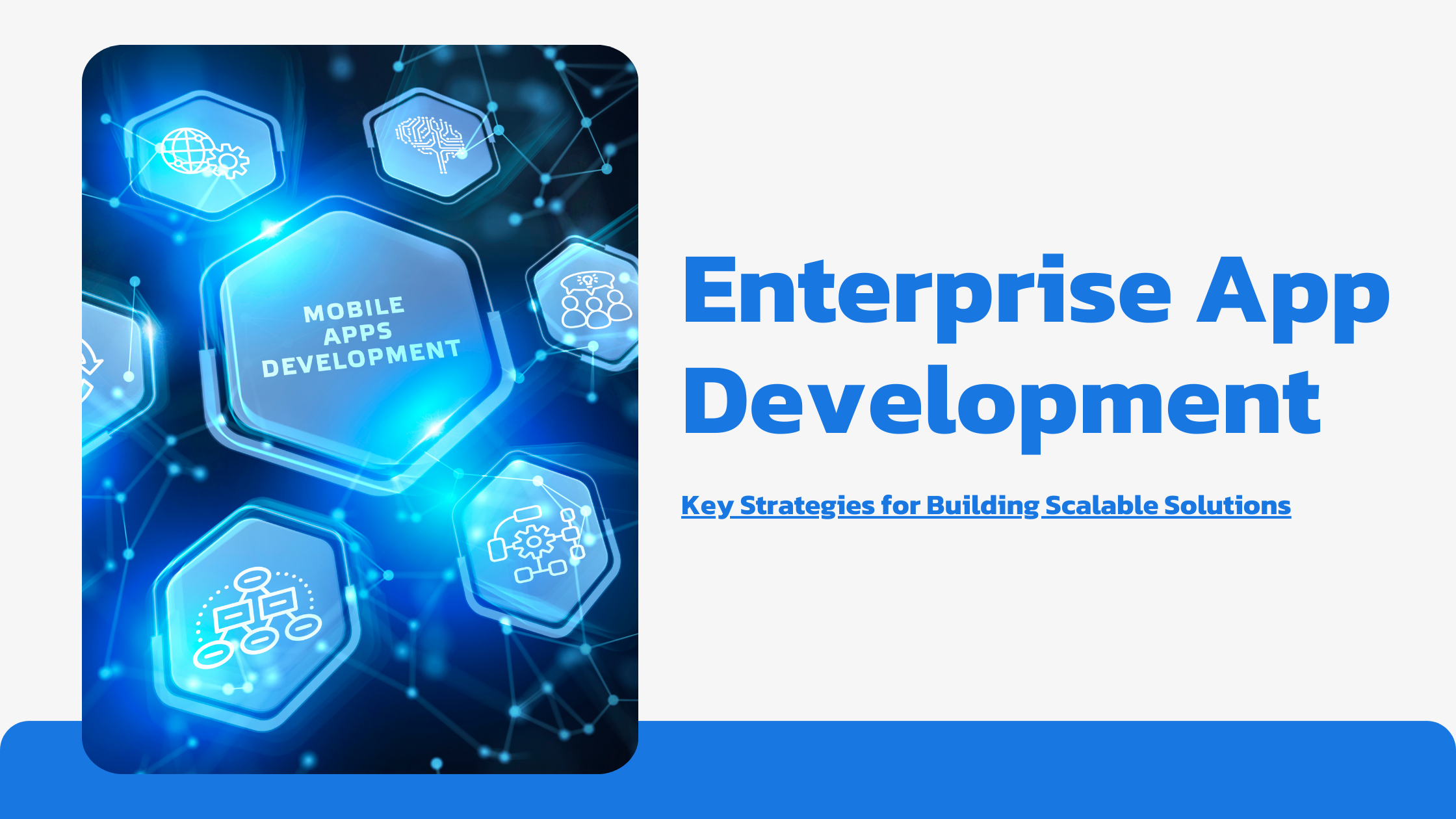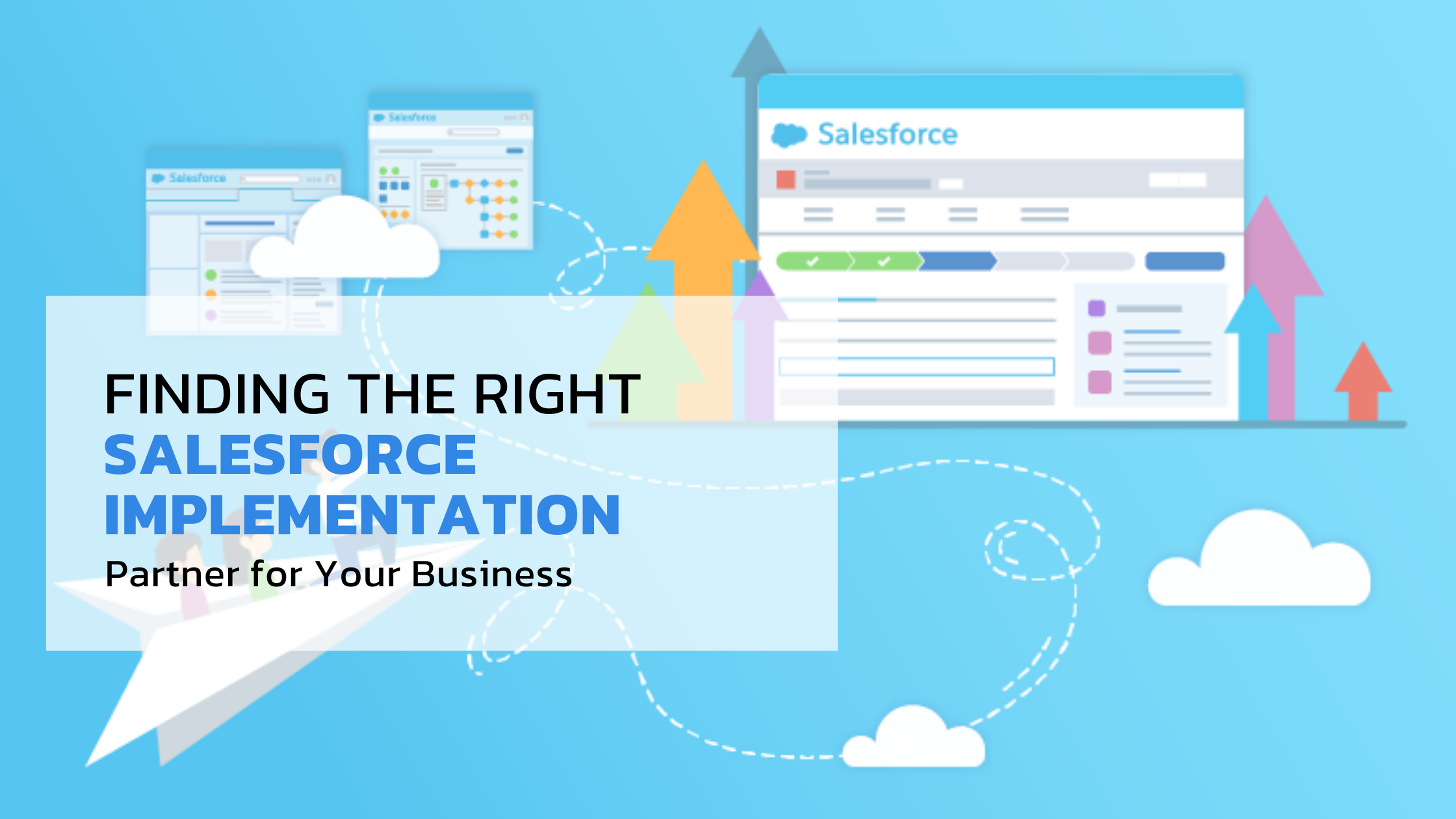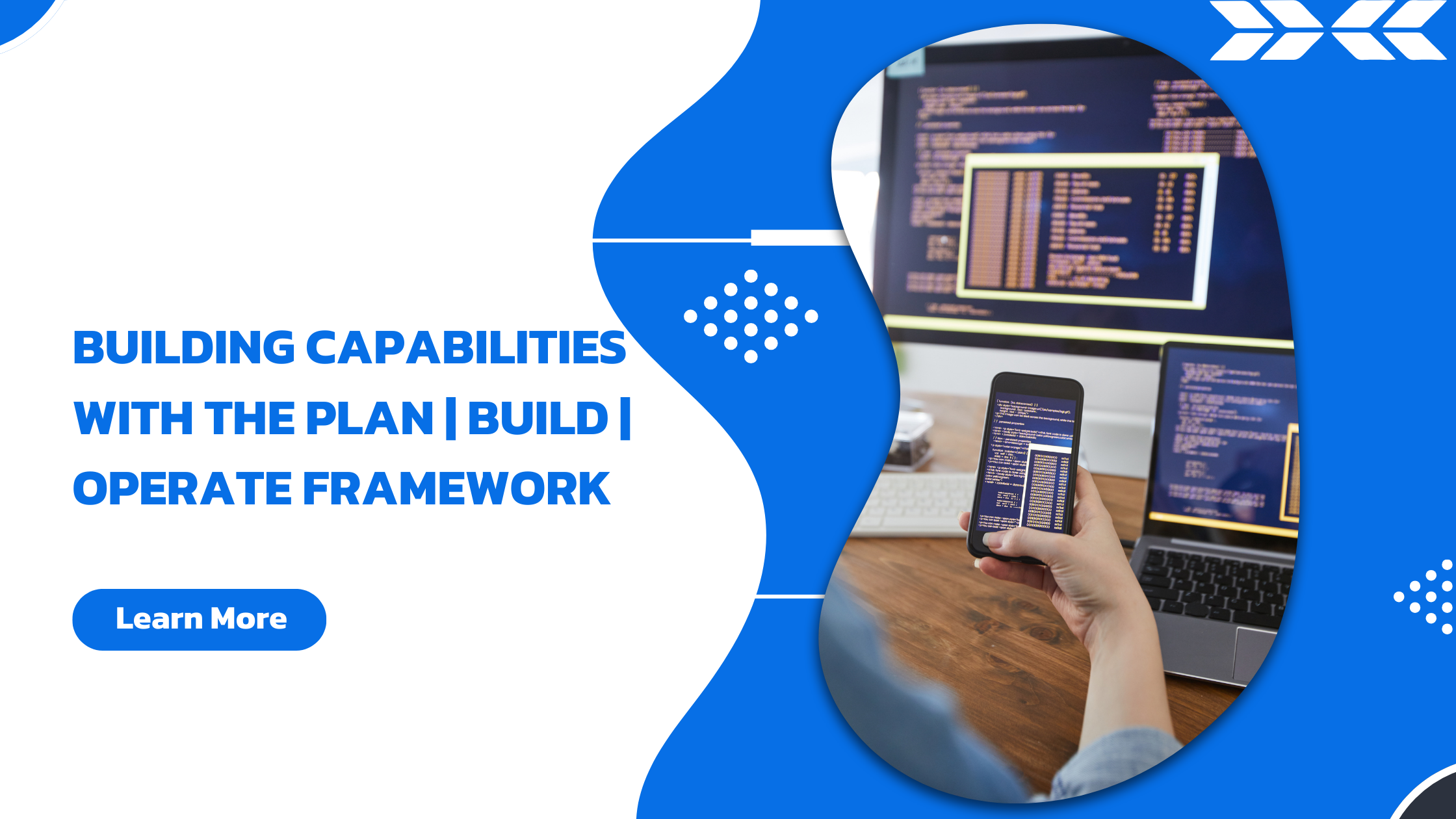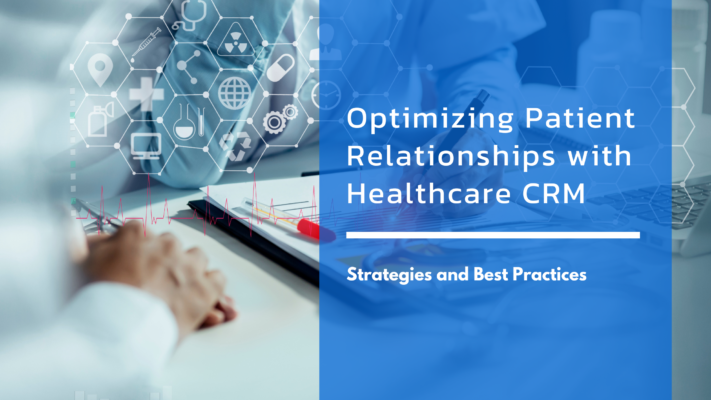
In the competitive landscape of modern healthcare, patient satisfaction and efficient management of patient relationships are crucial. The advent of Customer Relationship Management (CRM) systems has revolutionized how healthcare providers interact with and manage their patients. This blog delves into the strategies and best practices for optimizing patient relationships using healthcare CRM, highlighting how these systems can enhance patient care and streamline operations.
Understanding Healthcare CRM
Healthcare CRM is a specialized tool designed to manage and analyze patient interactions and data throughout the patient lifecycle. Unlike generic CRM systems, healthcare CRM solutions are tailored to the specific needs of healthcare providers, enabling them to deliver personalized care and improve patient engagement.
Why Healthcare CRM is Essential
The importance of a Healthcare CRM system cannot be overstated. According to a report by Gartner, CRM systems are pivotal in enhancing patient engagement and operational efficiency. The report highlights that organizations utilizing CRM systems experience improved patient satisfaction, increased operational productivity, and better data management. The ability to consolidate patient data into a single, accessible platform ensures that healthcare providers have a comprehensive view of each patient’s history, treatment plans, and communication preferences.
Key Strategies for Optimizing Patient Relationships with Healthcare CRM
1. Centralize Patient Information
One of the fundamental benefits of a Healthcare CRM system is its ability to centralize patient information. By consolidating data from various sources, including electronic health records (EHRs), appointment scheduling, and patient communications, CRM systems create a comprehensive patient profile. This centralized approach allows healthcare providers to access up-to-date information quickly, facilitating more informed decision-making and personalized care.
2. Automate Administrative Tasks
Administrative tasks, such as appointment scheduling, follow-up reminders, and patient communications, can be time-consuming and prone to errors. A Healthcare CRM system can automate these routine processes, reducing the administrative burden on healthcare staff and minimizing the risk of human error. Automated workflows ensure that patients receive timely reminders and follow-up communications, leading to higher appointment adherence and improved patient outcomes.
For example, automated appointment reminders can reduce no-show rates, while follow-up tasks can be systematically scheduled to ensure patients receive the necessary care and attention.
3. Enhance Communication Channels
Effective communication is key to maintaining strong patient relationships. A robust CRM system facilitates multi-channel communication, including email, SMS, and phone calls. This capability ensures that healthcare providers can reach patients through their preferred communication channels, making it easier to share important information, address concerns, and schedule appointments.
Healthcare CRM systems also offer features such as personalized messaging and automated response systems, which enhance the overall patient experience. By utilizing these communication tools, healthcare providers can foster stronger relationships with patients and improve engagement.
4. Implement Data Analytics for Insights
Data analytics is a powerful tool within Healthcare CRM systems, providing valuable insights into patient behavior, treatment outcomes, and operational efficiency. By analyzing patient data, healthcare providers can identify trends, measure the effectiveness of interventions, and make data-driven decisions.
For instance, analytics can reveal patterns in patient visits, treatment adherence, and satisfaction levels. These insights enable healthcare providers to refine their strategies, optimize resource allocation, and enhance patient care.
5. Personalize Patient Interactions
Personalization is essential for building strong patient relationships. A Healthcare CRM system allows healthcare providers to tailor interactions based on patient preferences, medical history, and treatment needs. Personalized communication, such as addressing patients by name and acknowledging their specific health concerns, can significantly enhance the patient experience.
By leveraging patient data, healthcare providers can offer customized recommendations, treatment plans, and educational materials, leading to more engaged and satisfied patients.
6. Ensure Data Security and Compliance
With the increasing emphasis on data security and regulatory compliance, ensuring the protection of patient data is critical. A Healthcare CRM system must adhere to standards such as HIPAA (Health Insurance Portability and Accountability Act) to safeguard sensitive patient information. Implementing robust security measures, such as encryption and access controls, is essential for maintaining patient trust and complying with legal requirements.
Case Study: Upcore Technologies’ CRM Implementation
To illustrate the practical benefits of a CRM system, consider the case of Upcore Technologies. They successfully implemented Microsoft Dynamics 365 CRM for a healthcare organization, which led to significant improvements in patient engagement and operational efficiency. By centralizing patient data, automating workflows, and enhancing communication channels, Upcore Technologies helped the organization deliver better patient care and streamline its operations.
You can explore the detailed case study here.
Best Practices for Healthcare CRM Implementation
1. Choose the Right CRM Solution
Selecting a CRM solution that aligns with your specific needs and integrates seamlessly with existing systems is crucial. Consider factors such as scalability, ease of use, customization options, and support when evaluating different CRM solutions. A well-chosen CRM system will enhance your practice’s efficiency and effectiveness in managing patient relationships.
2. Train Your Team
Successful CRM implementation relies on proper training for healthcare staff. Ensure that your team is well-versed in the CRM system’s features and functionalities to maximize its benefits. Training should cover not only the technical aspects of the system but also best practices for utilizing CRM tools to improve patient interactions and streamline workflows.
3. Regularly Update and Maintain the System
To ensure optimal performance and security, regular updates and maintenance of the CRM system are necessary. Keep the system updated with the latest features, security patches, and compliance requirements. Regular maintenance helps prevent potential issues and ensures that the CRM system continues to meet your practice’s evolving needs.
4. Monitor and Evaluate Performance
Continuously monitor and evaluate the performance of the CRM system to identify areas for improvement. Utilize feedback from users and patients to make necessary adjustments and enhancements. Regular performance reviews and evaluations help ensure that the CRM system remains effective in achieving its intended goals and delivering value to your practice.
The Role of CRM in Improving Patient Outcomes
Implementing a Healthcare CRM system has a direct impact on patient outcomes. By providing a comprehensive view of patient data, automating processes, and enhancing communication, healthcare providers can offer more personalized and effective care. Improved patient engagement and satisfaction result in better adherence to treatment plans, more accurate diagnoses, and overall enhanced health outcomes.
Conclusion: Elevate Your Practice with a Healthcare CRM
Optimizing patient relationships with a Healthcare CRM system is a transformative approach for modern healthcare practices. By centralizing patient information, automating administrative tasks, enhancing communication, and leveraging data analytics, healthcare providers can deliver exceptional care and improve patient outcomes. For a seamless CRM implementation tailored to your practice’s needs, consider partnering with Upcore Technologies. Our expertise in CRM solutions can help you harness the full potential of a healthcare CRM system and elevate your practice to new heights.
For more information on how Upcore Technologies can assist with your CRM needs, visit our website or contact our team for a consultation.




